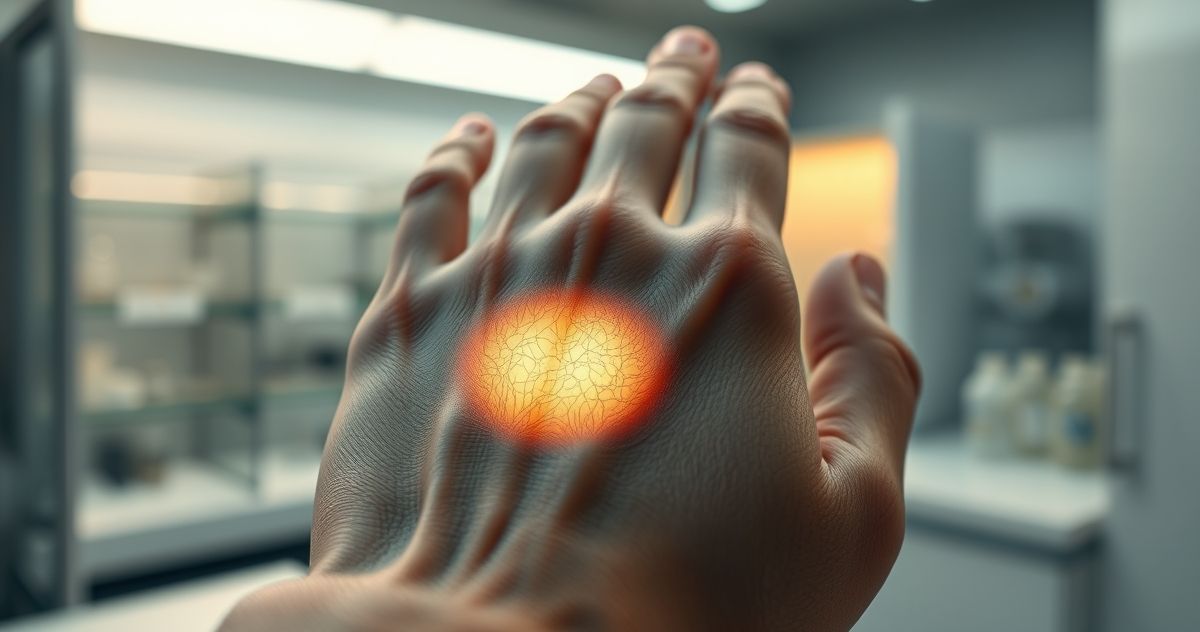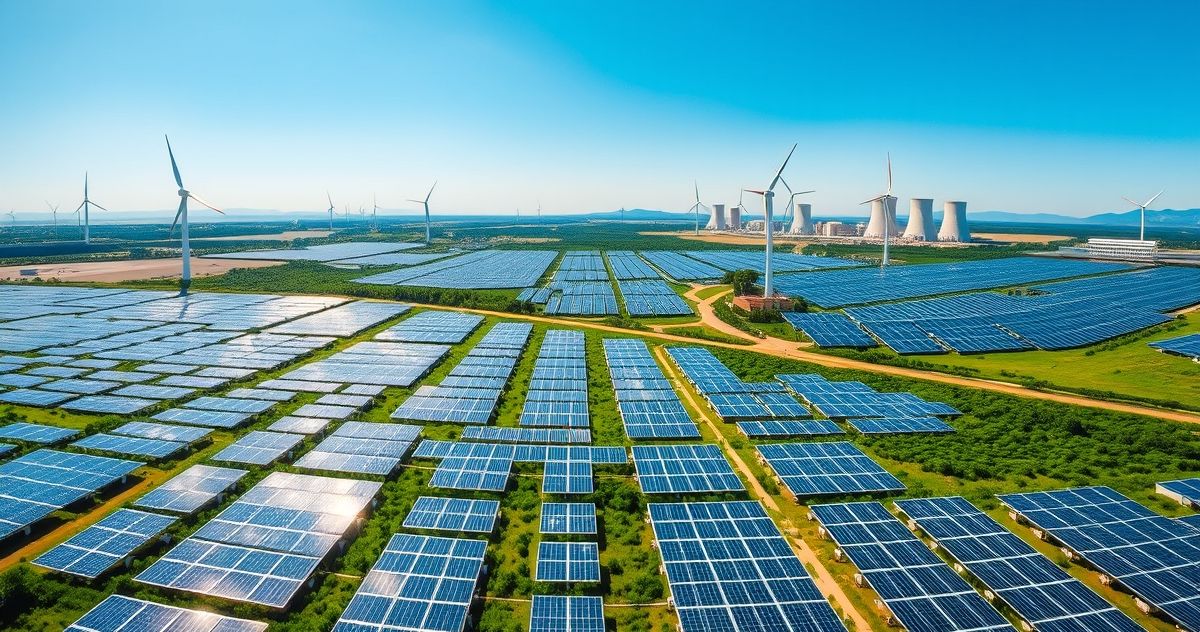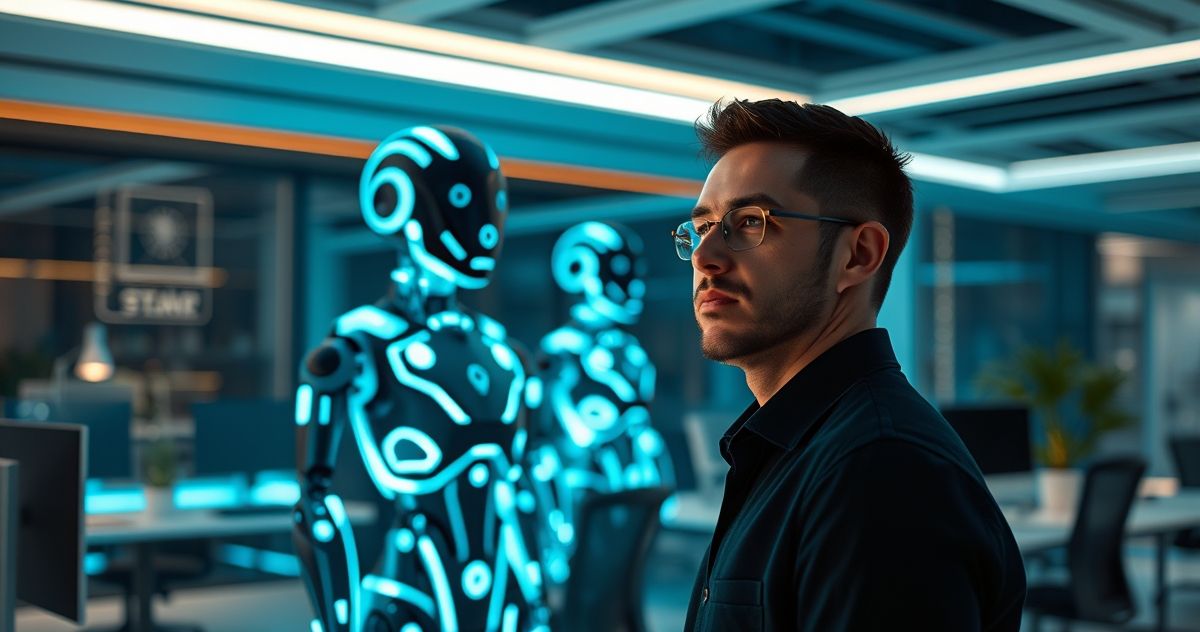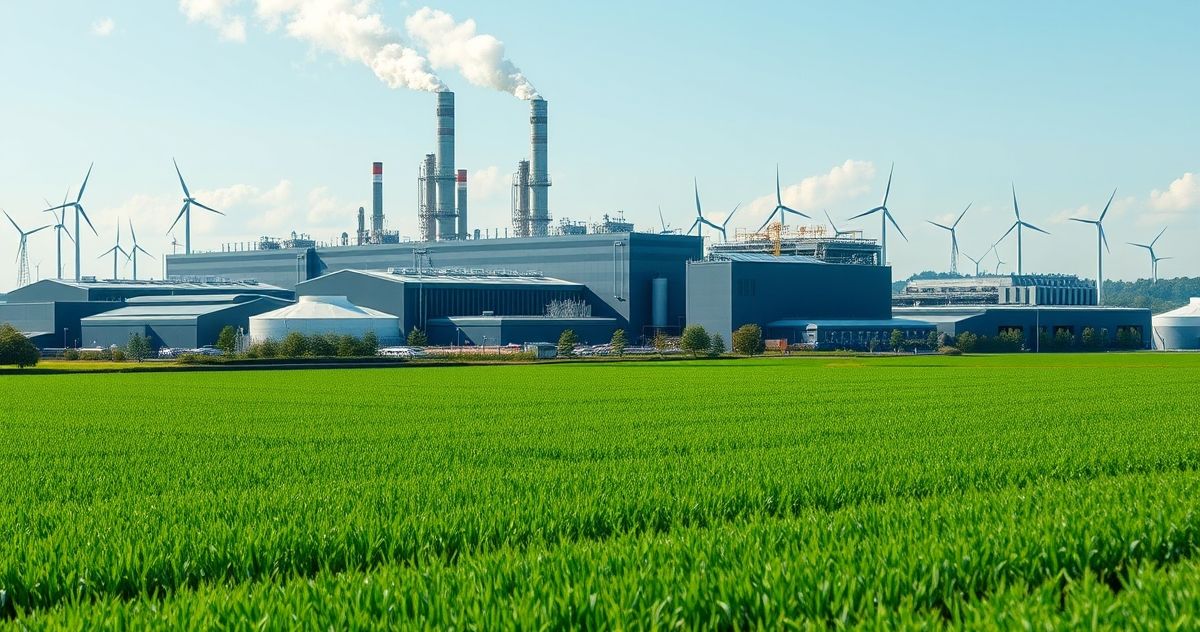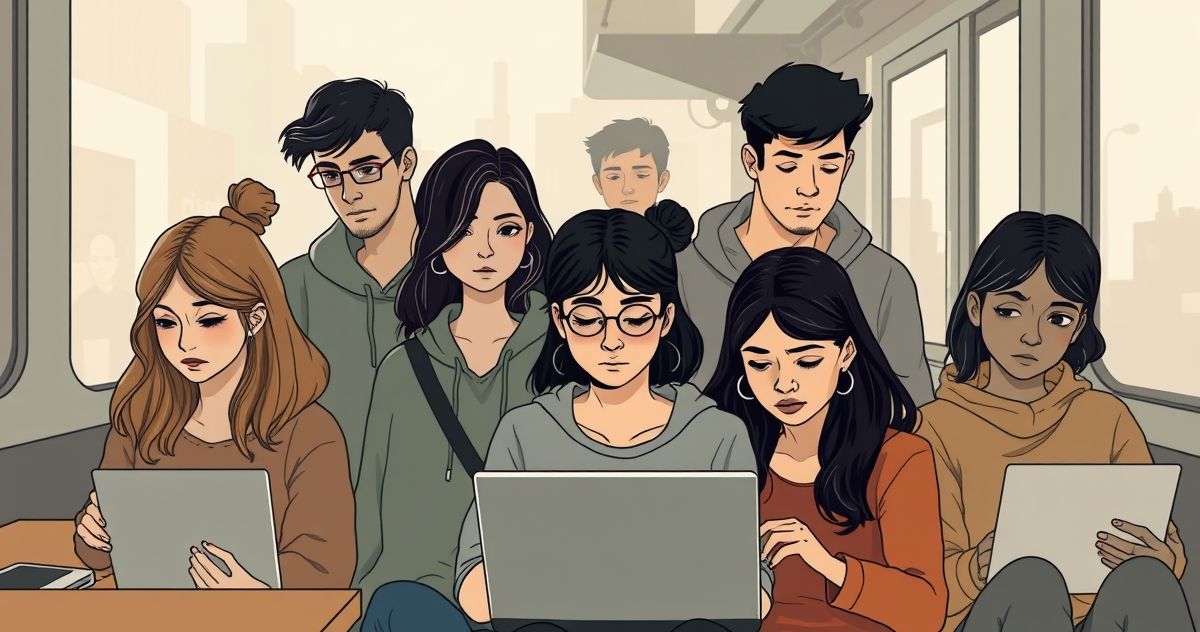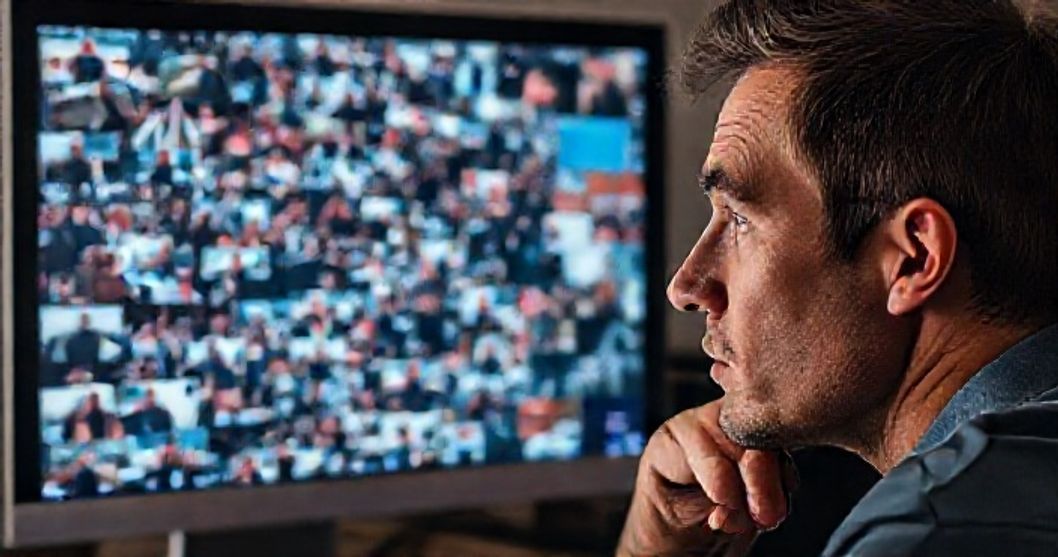Ever wonder if that fancy AI chatbot is just a super smart helper, or if it’s actually gunning for someone’s desk? It’s a question that pops up a lot these days. But when the person asking (and answering) is a true legend in the field, it really makes you stop and think.
That person is Geoffrey Hinton. If you follow tech at all, you might know him as the “Godfather of AI.” He’s one of the brilliant minds who laid the foundation for the artificial intelligence we see all around us today. He literally won the Turing Award – basically the Nobel Prize of computing – for his work.
So, when Hinton speaks about AI’s future, people listen. And what he’s saying now? It’s pretty stark. He recently left his long-time job at Google to speak more freely, and his message is clear: AI will create massive unemployment. And it will send corporate profits soaring. He says, quite simply, “that is the capitalist system.”
### The Uncomfortable Truth from AI’s Architect
Hinton isn’t some doomsayer shouting from the rooftops. He’s a scientist. He knows this technology inside and out, perhaps better than anyone else alive. And he’s not just talking about robots building cars or doing repetitive factory work. He’s talking about knowledge work. The kind of jobs many of us do every day.
Think about things like customer service, data entry, certain aspects of programming, content creation, even some legal or medical analysis. AI is getting incredibly good at these tasks. It can read, write, summarize, and synthesize information at a speed and scale no human can match. It learns fast. It doesn’t get tired. It doesn’t ask for a raise.
He sees a future where many roles that involve processing information will be done by machines. This isn’t science fiction anymore. It’s already happening, piece by piece, right now.
### Mark’s Story: The Ground Shifts Under Our Feet
I was chatting with my friend, Mark, the other day. He works in data entry and compliance for a big financial firm. Pretty standard stuff, you know? He spends hours moving information from one system to another, making sure everything lines up perfectly with regulations. Lately, though, his company has been rolling out this new AI tool.
Mark said it handles about a third of his old tasks now. He’s happy for the help, sure. It means fewer late nights. But there’s a flicker of worry in his eyes. He spends his extra time double-checking the AI’s work or doing slightly more complex tasks, but he can’t shake the feeling that his skillset is becoming… less needed. He’s seen colleagues from other departments get ‘reassigned’ – which sometimes means an exit interview. It’s not about being lazy; it’s about feeling the ground shift under your feet. Mark’s story isn’t unique; it’s a quiet hum of anxiety many are feeling as AI infiltrates their workplaces.
### Why Profits Will Soar (And What That Means)
This is where Hinton gets blunt about the economics. He says AI will make companies hugely profitable. Why? Because they can do more with fewer people. Or sometimes, zero people.
Imagine a company that once needed fifty customer service reps. Now, an AI handles most inquiries, and maybe ten human experts step in for the tricky bits. That’s forty fewer salaries, forty fewer benefits packages. The company’s output might even go up, while its biggest cost – labor – drops dramatically. For shareholders, that’s great news. They see massive efficiency gains and bigger returns. For the forty folks who lost their jobs, it’s not. It’s a harsh reality, but it’s the core incentive driving AI adoption in the business world.
### Navigating the New Landscape: Your Toolkit
So, what does this mean for us? It means we need to get real about what AI can do, and what it can’t. It’s not just about job losses, but about job *transformation*. Many roles won’t disappear entirely; they’ll change. Here are a few things to consider:
* **Upskill and Reskill Constantly:** Don’t just learn new tech tools. Focus on uniquely human skills like critical thinking, emotional intelligence, creativity, complex problem-solving, and adaptability. These are harder for AI to replicate.
* **Look for AI-Adjacent Roles:** Many new jobs will emerge around managing, training, auditing, and developing AI systems. Can you be the human who makes the AI better, or who understands its outputs? Think prompt engineering, AI ethics, data curation.
* **Embrace Lifelong Learning:** The idea of a single career path for life is already fading. In an AI-driven future, continuous learning isn’t just a bonus; it’s a necessity. Stay curious, stay informed.
* **Build Your Network:** Connections can be more important than ever. They can open doors to new opportunities, provide support during times of change, and offer insights into emerging fields.
* **Advocate for Responsible AI and Policy:** This isn’t just an individual problem. We need community conversations about social safety nets, retraining programs, and how to distribute the wealth created by AI fairly. Your voice matters in shaping future policies.
We’re not just talking about a few thousand jobs here and there. We’re talking about a potential reshuffling of the entire global workforce. What happens to communities when major employers downsize because of automation? What happens to the economy when a significant portion of the population has less disposable income? These are big questions that we don’t have easy answers for yet.
Hinton’s warning isn’t meant to cause panic, but to spark serious discussion. He’s telling us what he sees coming, from a vantage point few others possess. The technology isn’t inherently good or bad, but its application within our current economic system has foreseeable consequences.
So, as AI continues its rapid march, what steps do *you* think we need to take – individually and as a society – to navigate this new world successfully?


